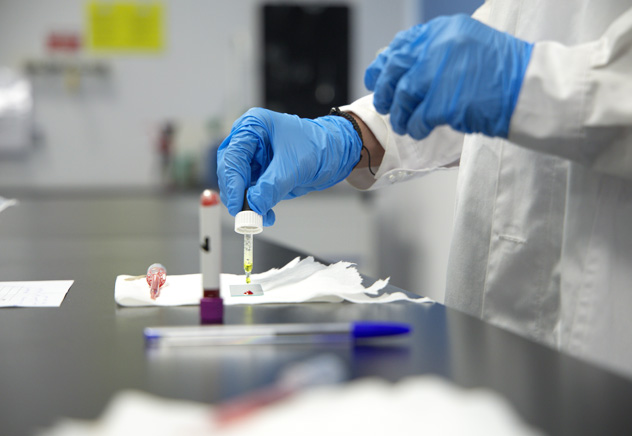- Details
- Written by Meropi Moiseos
- Parent Category: News & events
- Category: News
- Hits: 1683
Read more: International scholars converge in Tochni for Franchise Research Conference
- Details
- Written by Meropi Moiseos
- Parent Category: News & events
- Category: News
- Hits: 1991
Following successful evaluation and accreditation by the Cyprus Agency of Quality Assurance and Accreditation in Higher Education (CYQAA), registrations have begun for the new and innovative undergraduate program in Applied Biomedical Sciences.
Read more: New program of study in Applied Biomedical Sciences offering scholarships
- Details
- Written by Meropi Moiseos
- Parent Category: News & events
- Category: News
- Hits: 2086
We are proud to announce the signing of a Memorandum of Understanding (MoU) with MSC Shipmanagement Cyprus, which includes fully-funded scholarships and educational support for the next generation of maritime professionals, as well as career development programs.
- Details
- Written by Meropi Moiseos
- Parent Category: News & events
- Category: News
- Hits: 1995
Frederick University’s Department of Business Administration supports young individuals with the potential to stand out as creative and innovative entrepreneurs through the special scholarships “Business Innovation: Design the Future.”
Read more: New scholarships for high school graduates: “Business Innovation: Design the Future”
- Details
- Written by Meropi Moiseos
- Parent Category: News & events
- Category: News
- Hits: 1767
Dr. Angelos Menelaou, Head of the Department of Maritime Transport and Commerce, was a speaker at the 3rd Cyprus Yachting Conference, which brought together top minds in the local and international yachting industry.
Read more: Dr Angelos Menelaou among speakers at the 3rd Cyprus Yachting Conference






